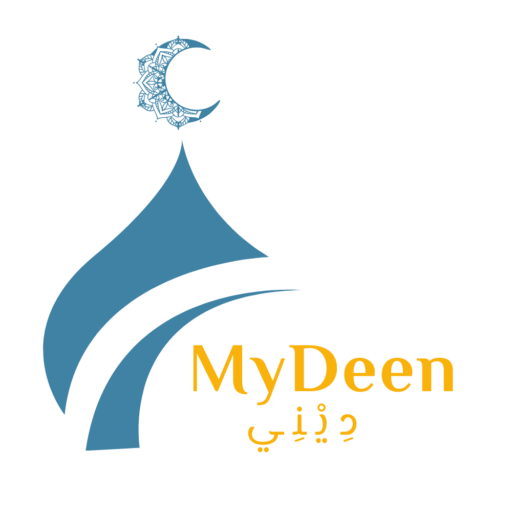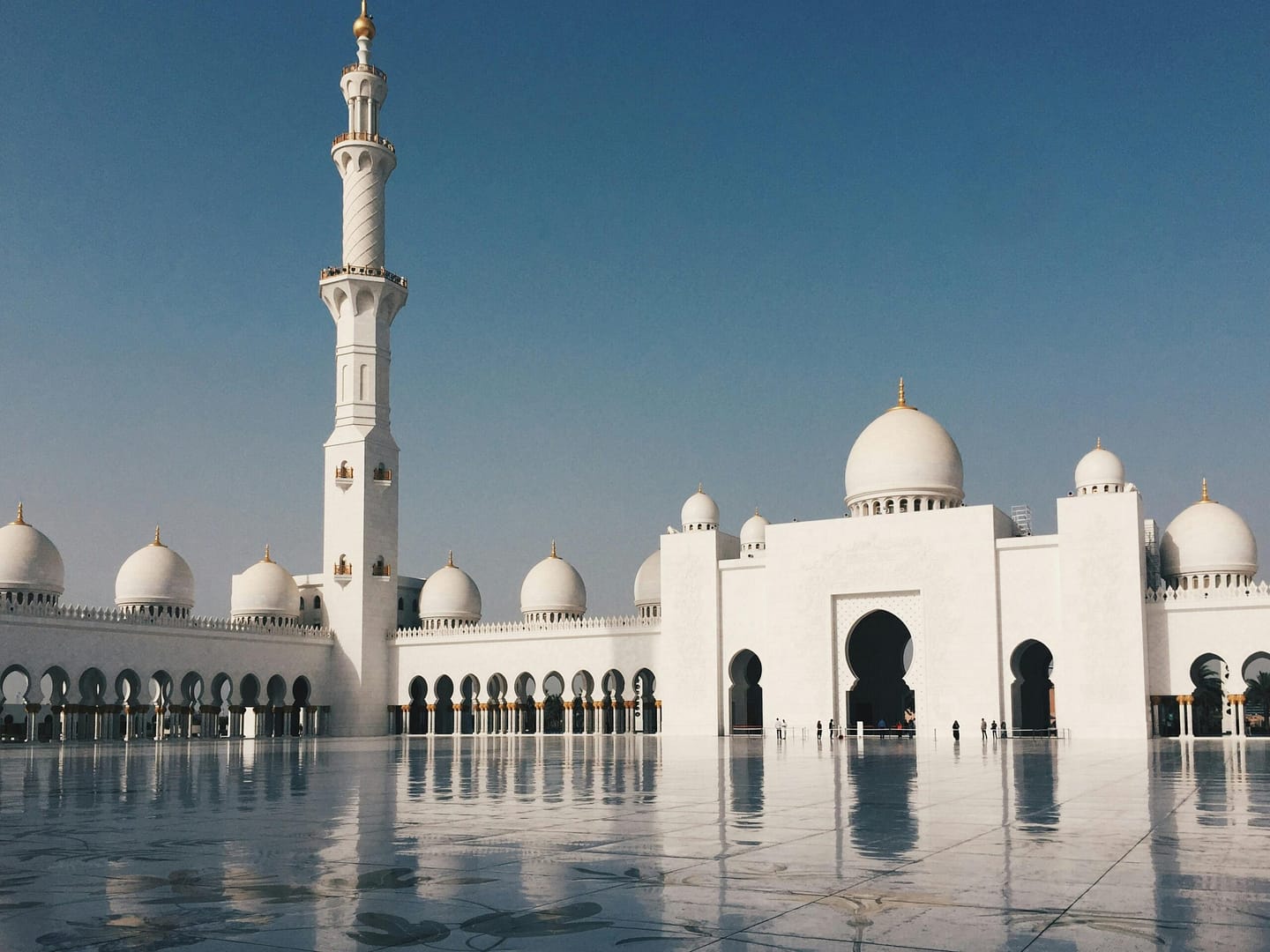The Quran definition is central to understanding Islam. The Quran, also spelled Qur’an or Koran, is the holy book of Islam, believed by Muslims to be the literal word of God (Allah) revealed to the Prophet Muhammad. This divine text is not only a religious guide but also a masterpiece of Arabic literature, influencing the language and culture deeply. The Quran is composed of 114 chapters, known as surahs, which are made up of individual verses called ayahs. The Quran’s significance is unparalleled, serving as a source of guidance, law, and morality for Muslims worldwide.
The Meaning and Structure of the Quran
The Quran meaning in English is often described as “the recitation,” reflecting its oral revelation to Muhammad over 23 years. This period began when Muhammad was 40 years old, during a night known as the Night of Power (Laylat al-Qadr), and continued until his death in 632 CE. The Quran is viewed as the final and most important of the divine messages, following earlier scriptures such as the Torah, Psalms, and Gospel.
Muslims believe that the Quran is not just a religious text but God’s direct speech, providing a complete code of conduct for life. This belief is encapsulated in the Quran definition as a book that covers all aspects of life, offering guidance on moral, legal, and spiritual matters. The text is regarded as a miracle of Muhammad, a proof of his prophethood, and the culmination of all previous divine messages.
The History and Compilation of the Quran
The Quran history is essential in understanding its preservation and significance. After Muhammad’s death, his companions, who had either memorized the Quran or written down its verses, compiled the revelations into a single text. The first caliph, Abu Bakr, ordered this compilation, and it was later standardized by the third caliph, Uthman. This version, known as the Uthmanic codex, is the one that has been preserved and is in use today. Despite the existence of variant readings, the core message and content of the Quran have remained unchanged.
The Quran assumes familiarity with the major narratives found in earlier scriptures but often provides alternative accounts or interpretations of these events. The Quran describes itself as a “book of guidance for humankind” (Quran 2:185), emphasizing the moral significance of its teachings over the mere recounting of historical events.
The Quran as Divine Guidance
The Quran definition includes its role as divine guidance for humanity. It is not merely a book of laws and stories but a comprehensive guide that addresses all aspects of human life. The Quran’s eloquence and depth are seen as evidence of its divine origin. For instance, the Quran challenges skeptics in verse 2:23: “And if you are in doubt about what We have sent down upon Our Servant [Muhammad], then produce a surah the like thereof and call upon your witnesses other than Allah, if you should be truthful.” This verse emphasizes that the Quran’s unmatched linguistic beauty and profound content confirm its status as the word of God.
The Impact of the Quran
The Quran definition extends beyond religion into the realms of literature, law, and culture. The Quran’s influence on the Arabic language is profound, shaping its development and serving as a benchmark for Arabic literary excellence. Quranic studies have become a significant field of academic research, further exploring its meanings, interpretations, and impact.
During the month of Ramadan, Muslims aim to complete the recitation of the entire Quran in special nightly prayers known as Tarawih. Memorizing the Quran is a highly revered achievement, and those who do so are given the title of hafiz. The recitation of the Quran is done with a particular rhythm and tone called tajwid, emphasizing the sacredness and importance of the text.
In conclusion, understanding the Quran definition and its profound impact on Islamic faith and Arabic literature provides a deeper appreciation of this sacred text. The Quran’s rich history, its role as divine guidance, and its influence on various aspects of life highlight its unparalleled significance.
For further information and detailed insights, we utilized resources from Wikipedia. Our website also offers a variety of courses on Islamic studies and the Quran. You can explore our offerings and deepen your understanding by visiting this link.


